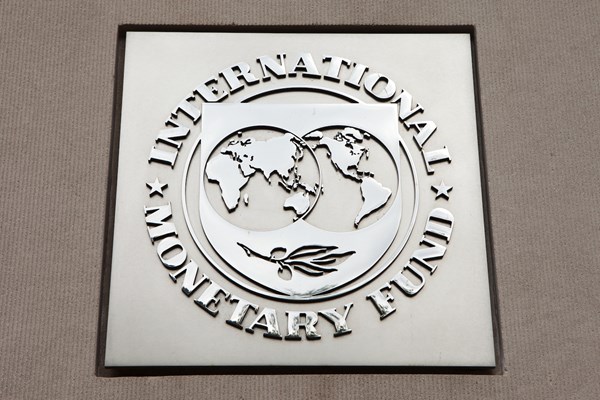IMF presents fresh demands to Ukraine
Ukraine should implement a pension reform, reduce the number of state employees, abolish the simplified tax system and open a land market, Ukrayinska Pravda reported, referring to the recent version of the Memorandum of Cooperation between Ukraine and the International Monetary Fund.
“The draft Memorandum of Cooperation provides in total for 12 structural beacons, seven of which are new,” the edition wrote. As noted in the report, the Cabinet of Ministers should take two steps, firstly, make a decision on the monetization of subsidies until the end of January 2017 and secondly, it should implement pension reform. The new deadline for these actions was set to the end of March 2017.
The acting draft Memorandum of Cooperation provided for the adoption of a law on pension reform until late December 2016. However, as this didn’t happen, the International Monetary Fund toughened its demands.
The new plan provides for a gradual increase in the retirement age. Regarding men, the beacon says that starting from July 2017, the retirement age will be increased by four months every year. As for women, starting after 2021, this increase will be by six months every year. This will happen until both groups set their retirement age at 63 years in 2027. Moreover, the plan also provides for an increase in the length of service to up to 25 years from January 2017 with the imposition of the minimum labor experience set at 16 years. Currently, the necessary working experience is set to 15 years with a gradual increase per year until it increase reaches up to 35 years in 2036.
Thirdly, Ukraine should implement reforms on the land market. The new deadline was set for the end of March 2017. The authorities had pledged to submit the law on land market reforms to the Parliament by the end of September 2016 but failed to do so. Following that failure, the IMF’s demands were tightened and now the law is expected to be adopted until the end of March 2017.
Fourthly, an international company with a good business reputation should be chosen to audit PrivatBank. The deadline for this was set to the end of January 2017. Auditors are also called to find whether there had been any breaches in the preparation of financial reports over the period of six months preceding the nationalization date.
Fifthly, the international auditor for the assessment of the restructuring terms by PrivatBank’s shareholders should be chosen. The deadline for this was set to the end of June 2017. Also, the company should assess whether the restructuring terms allow for the compensation of losses for the loans granted to related parties.
Sixthly, Ukraine should create a unified register of recipients of social payments until the end of June 2017. The creation of this register is necessary for the continuation of the process of the verification of social payments. However, there has been no progress except for discussions and a few initiatives.
The seventh term is that the government should create the legislative field for the work of the anti-corruption courts. The deadline for this was set to the end of June 2017. It has to be noted that in March 2015, Ukraine and the International Monetary Fund signed an Economic and Financial Policy Memorandum. As it is noted, Ukraine should implement this policy within the EFF (Extended Fund Facility) program. That program provides for the allocation of approximately $17 billion to Ukraine, 7.7 billion of which had already been allocated.
The International Monetary Fund approved the granting of the third tranche of $1 billion for Ukraine in September 2016, after a one-year delay. The Ukrainian Cabinet of Ministers expects the amount of the fourth IMF tranche within the EFF program to amount to $1 billion. Ultimately, the Ukrainian authorities expect to receive the next IMF tranche in February.
